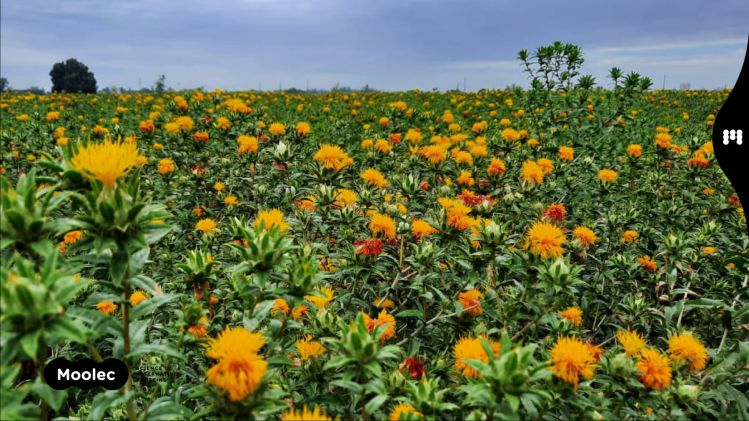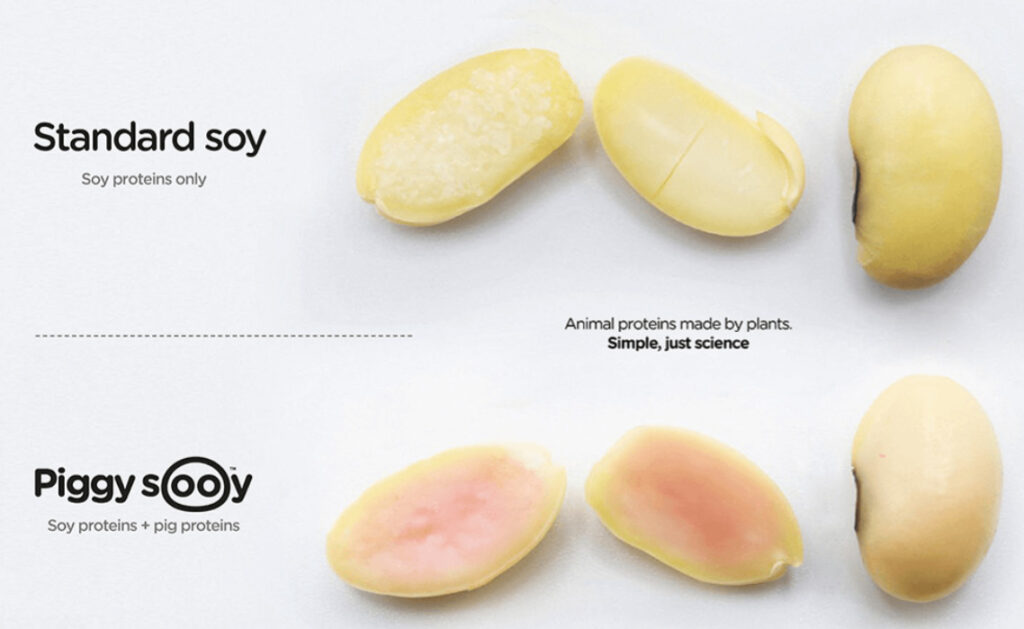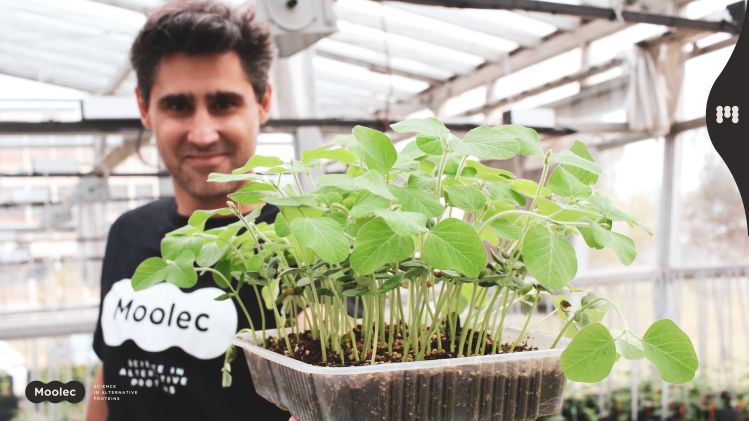Agricultural biotech startup Moolec Science has raised $30 million in cash and in-kind contributions from strategic investors through convertible debt.
Mulek, which was spun out of Bioceres Crop Solutions, began trading on the Nasdaq through a special acquisition purpose vehicle (SPAC) in January, but its stock has fallen from a high of nearly $20 to less than $3 in recent weeks.
It is best known for its molecular agriculture platform, which bioengineers plants such as yellow peas and soybeans to express cow and pork proteins to create taste, texture, nutrition, flavor and It claims to improve color.
But its most advanced product is Chymosin SPC, a bovine protein (enzyme) used in cheese making. A nutritional oil containing gamma-linoleic acid (GLA), both expressed by a genetically engineered safflower strain.
This GLA-rich oil, which has received a “no questions asked letter” from the FDA confirming its GRAS (Generally Recognized as Safe) status, has also been endorsed by the USDA’s Animal and Plant Health Inspection Service, which means Moolec is no longer This means that no permission is required. Plants can be imported, moved between states, and grown in fields in the United States.
“Tough financial market”
Under the agreement announced Tuesday, Mourek will issue convertible notes due 2026 to Grupo Insud for $21 million, with an exercise price of $6 per share. This is issued for a $10 million cash payment and an in-kind contribution from Insudo to Moorek, which includes “access to Insudo’s industrial capabilities.”
The deal follows an agreement with Bioceres in which Moolec secured a supply of 15,000 tonnes of soybeans, paid for through the issuance of convertible notes. Together with the convertible notes, the company has a total of $30 million in cash and in-kind contributions.
“This capital increase will strengthen our financial position and enable us to accelerate our business model in a challenging financial market. This bond provides Moolec with a healthy option to convert into common stock or cash after his third year. Cash proceeds will be used to continue funding key research and development projects, and in-kind contributions will provide the working capital needed to enhance commercialization plans and product development efforts. ” Jose López Lecube, CFO, Moolec Science


Meat protein…from plants?
Although Mulek has not confirmed which meat proteins are expressed in soybeans and peas, they recently announced that more than a quarter (26.6%) of the soluble protein fraction is “pork protein.”・It was revealed that they were producing “Sui” soybeans.
CEO Gaston Palladini said: agfunder news Details will be announced soon. “What we can share is that Piggy Sooy as a platform does not only express one gene. We are working on several meat molecules/proteins in various R&D projects. I’m here.”
hybrid component
Rather than spend a lot of money extracting and purifying meat proteins from plant proteins, Mulek plans to sell soy or pea proteins in which the meat proteins are embedded in a matrix, he said. Ta.
“Mourek’s plan is not to purify and extract the target molecules expressed by plants,” he told us. “Producing a hybrid ingredient of plant and animal protein together makes sense. Affordability and functionality are our top priorities. And Mulek is not only interested in the alternative protein market, but also in processing We are targeting the entire meat market.”
Moolec, which established a precision fermentation joint venture with Grupo Insud in 2021, is also working on producing meat proteins through yeast fermentation.
business model
Paladini is in discussions with potential partners, such as raw material processing companies interested in Moolec’s technology, to either license its intellectual property or collaborate in downstream processing steps to recover proteins and You have the option of using the network to commercialize your products. he explained.
“But we also have a unique ability to commercialize: industrial facilities. [acquired from ValoraSoy] Soybean crushing capacity 10,000 tons/year [in Argentina]”
References:
Molecular agriculture: IngredientWerks grows corn heme protein at “unprecedented low cost”
FDA warns molecular agriculture startup about risks if food allergens are not properly controlled
Trend Watching in Future Food-Tech, Part 2: From Upcycled Prebiotic Fibers to Molecular Agriculture 2.0
Motif FoodWorks explores molecular agriculture of heme proteins as a bottleneck for precision fermentation capabilities
